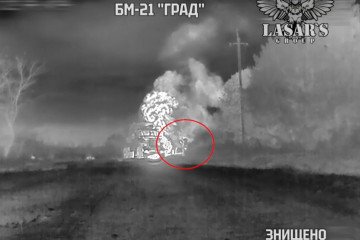- Category
- Latest news
China, Kyrgyzstan, and Uzbekistan Will Build a Railway to Europe Bypassing Russia
Kyrgyzstan and Uzbekistan agreed with China on the construction of a railway to Europe that would bypass Russia.
The agreement on the project, which Beijing, Bishkek, and Tashkent have been discussing for 27 years, was signed by the parties on June 6 in Beijing, and construction is scheduled to begin in October. The railway line of approximately 500 km will be part of China’s global initiative “One Belt One Road” (Belt and Road Initiative).
“Experts note that the annual volume of cargo transportation will reach 15 million tons, and the delivery time of goods to end consumers will be reduced by 7 days. In addition, a modern transit and logistics infrastructure, warehouses, and terminals will be created,” said President of Uzbekistan Shavkat Mirziyoyev.
China Railway International will directly handle the construction. The cost of the project is estimated at approximately $8 billion.
“It should be noted that the railway connects China and the countries of Central Asia, and also opens the way for new transport routes to Europe and the countries of the Persian Gulf. This will undoubtedly have a positive impact on the trade and economic cooperation between our countries,” Sadyr Japarov, the President of Kyrgyzstan, emphasized. He estimated the potential income of the republic from the work of the railway at $200 million per hour.
“Another route to the West and East, other than Russia, is important for China. The route through Russia is no longer safe. The road to Europe may be suddenly closed, as before. Therefore, it is very important for China to develop a new path,” says Central Asia expert David Cancarini.
Russia is “not enthusiastic” about this project, but it cannot openly oppose it, says Alisher Ilkhamov, director of the Central Asia Due Diligence think tank in London. “Otherwise, it will come into conflict with China. Now China is an ally defending Russia. Therefore, Moscow is not particularly excited,” Ilkhamov concluded.
-f88628fa403b11af0b72ec7b062ce954.jpeg)




